This post welcomes Stefanie Flaxman to Self-Publishing Review – the Revision Fairy, which “combines the utility of an online proofreading service with the luxury of having your own personal copy editor.” She’ll be writing posts on writing mechanics, something that has thus far been missing from the site.
Punctuation matters. Period.
Your profound representation of a snowflake resting upon a marigold and crimson fall leaf won’t matter if your sentence structure is not clear. The reader isn’t going to enjoy your brilliant allegory if she can’t follow what you’re saying.
Proper punctuation guides the reader through your story. Here are punctuation tips to help ensure that your writing, at a basic level, is straightforward.
Commas
“To be, or not to be,” might have been the question for Hamlet, but “to put a comma before the word ‘and,’ or to not put a comma before the word ‘and,’” is the question for a lot of writers.
Use a comma before the word “and” if you are linking two separate clauses:
“At the grocery store, I went to the produce section to get grapes, and Jane went to the dairy section to get cheese.”
Use a comma before the word “and” if the word “and” precedes the last item on a list:
“While in the produce section, I picked up grapes, bananas, apples, and oranges.”
Quotation Marks
Quotation marks often mingle with other types of punctuation, namely commas, periods, colons, question marks, and exclamation points. Punctuation can be very incestuous.
For direct quotes:
Quotation marks go outside of periods and commas.
Quotation marks go inside of semi-colons and colons.
If a question mark or exclamation point is part of the quotation, then quotation marks go outside of the mark.
If a question mark or exclamation point applies to the entire sentence, then quotation marks go inside the mark.
Just because you prefer a double shot of espresso in your morning latte doesn’t mean that double quotation marks are always appropriate in your writing. Meet the “quote within a quote.”
To separate a distinct piece of information within double quotation marks, use single quotation marks:
John proclaimed, “I was so overtired and delirious that I thought my dog actually said to me, ‘John, you really should get some rest.’”
Parentheses
Parentheses, like quotation marks, are a basic form of punctuation, but become confusing when mixed with other marks.
If a phrase in parentheses is only part of a sentence, put other punctuation outside of the parentheses.
If an entire sentence is in parentheses, punctuation should be inside of the parentheses.
Apostrophes
An apostrophe + the letter “s” expresses possession. This formula can also sometimes make a word plural. There’s no real method to this madness, and there are a number of possessive pronouns that do not contain apostrophes, as well.
For example, “its” is a possessive pronoun used to describe that something is a characteristic of “it”. The word “it’s” is a contraction of the words “it” and “is”.
To simplify all of this nonsense, follow these rules for the letter “s”, in regard to plural and possessive forms of words.
‘s
To make singular nouns possessive: the bus’s seating arrangement
To make proper nouns ending in “z,” “ce” or ‘x” possessive: Leibniz’s Monadology
‘ (Apostrophe only)
To make plural nouns possessive: the boys’ toy trucks
To make singular proper names possessive: Descartes’ philosophy
To make single letter’s plural: Cross your t’s and dot your i’s.
s
To make numbers plural: 1980s, ‘80s
Dashes
All dashes are not created equal. There are specific circumstances for each type of dash.
hyphen: –
en-dash: –
em-dash: —
Use a hyphen (the key next to the number “0” on your keyboard) to create compound words: time-consuming activity
Use an en-dash (PC: Alt + 0150, Mac: Option + Hyphen) to indicate range or to break a word and continue it on the next line: 7:00 – 9:00 p.m.
Use an em-dash (PC: Alt + 0151, Mac: Shift + Option + Hyphen) to indicate a break in sentence structure. Do not put spaces on either side of the em-dash: The words “compliment” and “complement” are essentially spelled the same way—there is only one letter that is different.
Get an Editorial Review | Get Amazon Sales & Reviews | Get Edited | Publish Your Book | Enter the SPR Book Awards | Other Marketing Services






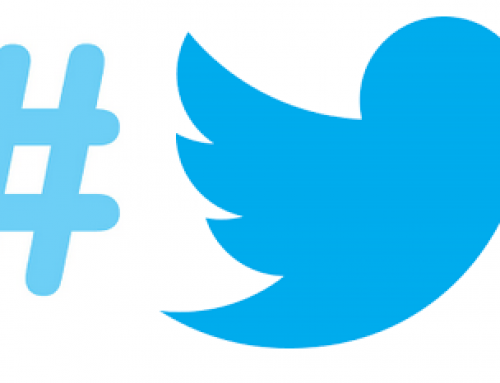

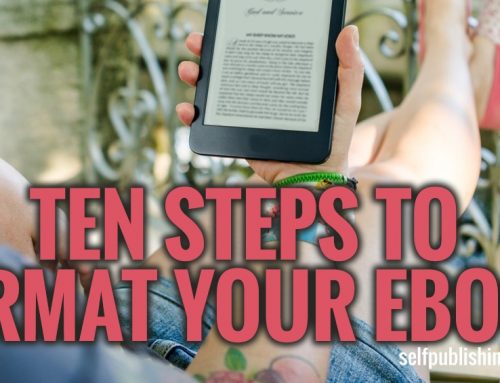
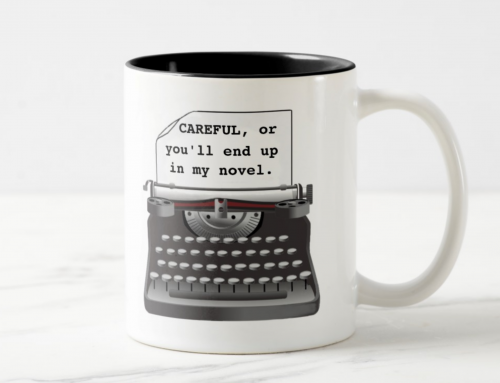
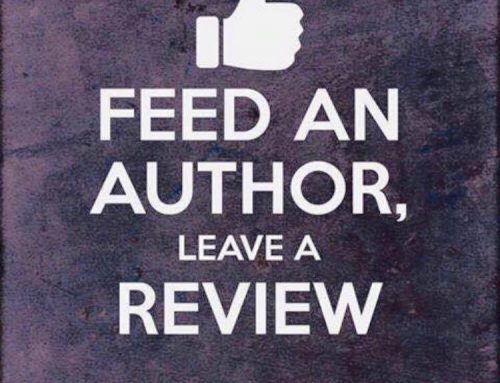


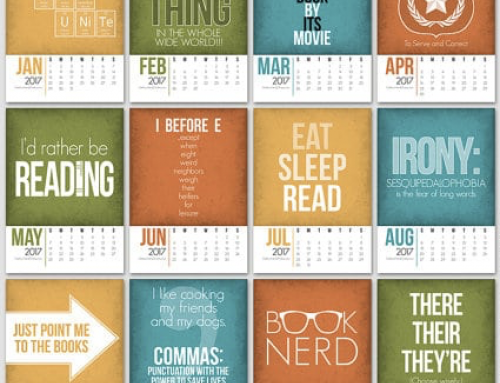

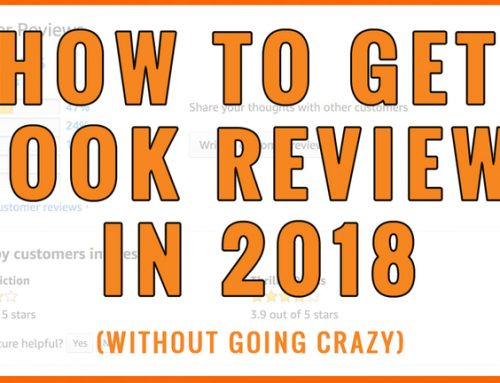




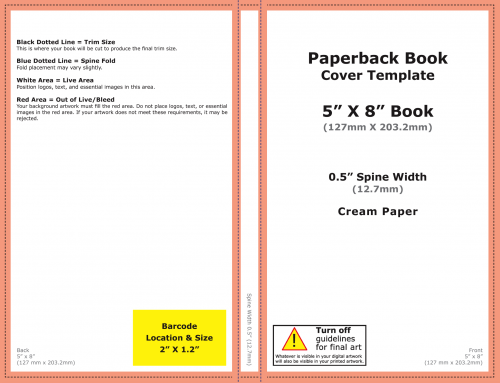
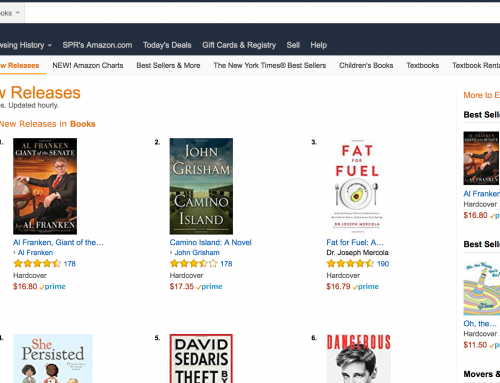
Typo: “To make single letters plural” – not “To make single letter’s plural”.
English often uses the single quote first, and the double quote within it: the reverse of American.
The comma before the final “and” in a list is a question of house style rather than correctness per se. I use it because then I know that “North and Hillard, Goodwin, and Liddell and Scott” are three books and not four; but some publishers do the opposite and say so in their style guides.
There are as many rules for apostrophes after proper names ending in ‘s’ as there are proper names. The district of London is definitely called St James’s and not St James’, for example. I’ve heard it said that monosyllables should have ’s and polysyllables shouldn’t, but perhaps the intuitive rule behind this is that in “St James’s” the possessive adds a syllable and in “Descartes’” it doesn’t.
Some nice, albeit very basic tips. I’m surprised that even an amateur writer wouldn’t know instinctively to place quotations outside of periods, but you’ve probably seen more self-published prose than I have.
Incidentally, I’ve both read and felt in my guts that it’s best to not use a comma at all if there’s any doubt, that over-use of commas is a much bigger and more tragic epidemic than the absence of them. And at worst you’ll be compared to Cormac McCarthy (or any of the latest Pulitzer winners that daringly strip their writing of almost all punctuation… what’s with contemporary fiction’s recent falling out with quotation marks?).
Oh, and is that last period correct?
Joseph’s example of “St. James’s” is a great reminder that, like most rules, these punctuation rules have exceptions. Style often outweighs punctuation tips and even grammar, occasionally.
General guidelines provide a foundation for ways to express your ideas clearly. However, proper punctuation commonly depends on context.
Shane, I approve of the period after the question mark that was included in the parenthesis. The question mark is appropriate for the question that you pose within the parenthesis, and the period ends the entire sentence.